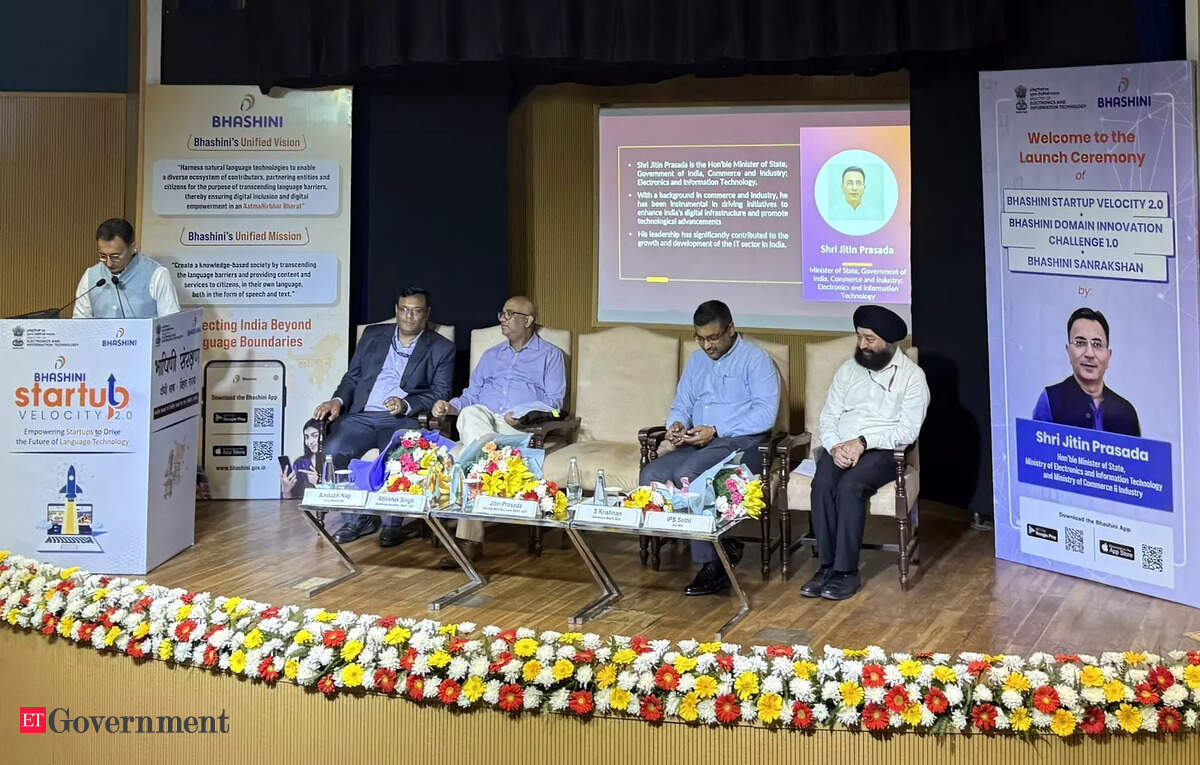Elon Musk's Technology Returns Stolen Voice

Bradford Smith, a 44-year-old man diagnosed with amyotrophic lateral sclerosis (ALS) in 2018, has become the third person to receive a Neuralink implant, a coin-sized brain-computer interface developed by Elon Musk's company. This groundbreaking technology has restored Smith's ability to communicate after he lost his voice several years ago due to the progression of his disease. Smith, who can only move his eyes and twitch the corners of his mouth, relies on mechanical assistance to breathe and cannot control his limbs. The Neuralink implant, featuring 1,024 electrodes, reads neural activity and sends signals to a computer, enabling Smith to communicate telepathically.
The Neuralink system uses artificial intelligence to decode Smith's thoughts, allowing him to type messages on a computer screen. While some answers are pre-programmed for quicker responses, Smith can also formulate new responses, which the computer then reads aloud. This process has given him back his voice and the ability to engage in conversations, albeit with some pauses due to the typing speed. Additionally, AI technology has enabled Smith to speak in his own voice, using a voice bank created from recordings he made for his children before losing his ability to speak.
Smith's journey to receiving the Neuralink implant began when he and his wife, Tiffany, learned about the device and its potential to help people with communication challenges. After Neuralink opened a patient portal, Smith eagerly applied and was eventually selected as the third recipient. However, unlike the first two recipients who had spinal cord injuries but could still speak, Smith's inability to speak presented a unique challenge for the Neuralink team. As a result, he became a patient/consultant, working with the team to adapt the technology to his specific needs.
The process of being considered for the implant involved numerous tests and scans, including a three-hour MRI and psychological evaluations to ensure Smith's mental well-being. Despite being on a ventilator, he remained optimistic and was eventually implanted with the Neuralink device in November of the previous year, following FDA approval. Smith credits his wife, Tiffany, whom he calls his "secret weapon", for her unwavering care and support, which has been crucial to his survival. He also finds strength in his faith and family, which have helped him cope with the challenges of ALS.
Despite the limitations imposed by his condition, Smith maintains a positive attitude and a sense of humor. He jokes about being "high maintenance" and acknowledges the adjustments his family has made to accommodate his needs. For his children, who were very young when he was diagnosed, his condition is simply a part of their normal life. Smith's ability to communicate again has brought joy and a renewed sense of purpose to his life, as evidenced by his increased smiling and happiness. He emphasizes the importance of living life to the fullest and maintaining faith in the face of adversity, drawing strength from his beliefs and the support of his loved ones.
Smith's advice to others facing challenges is to be friendly with everyone and work hard on everything, as one never knows when they will need a friend's help. He has also learned the importance of both serving others and accepting help from others. Smith's story is one of resilience, faith, and the transformative power of technology, offering hope to others living with ALS and similar conditions.









